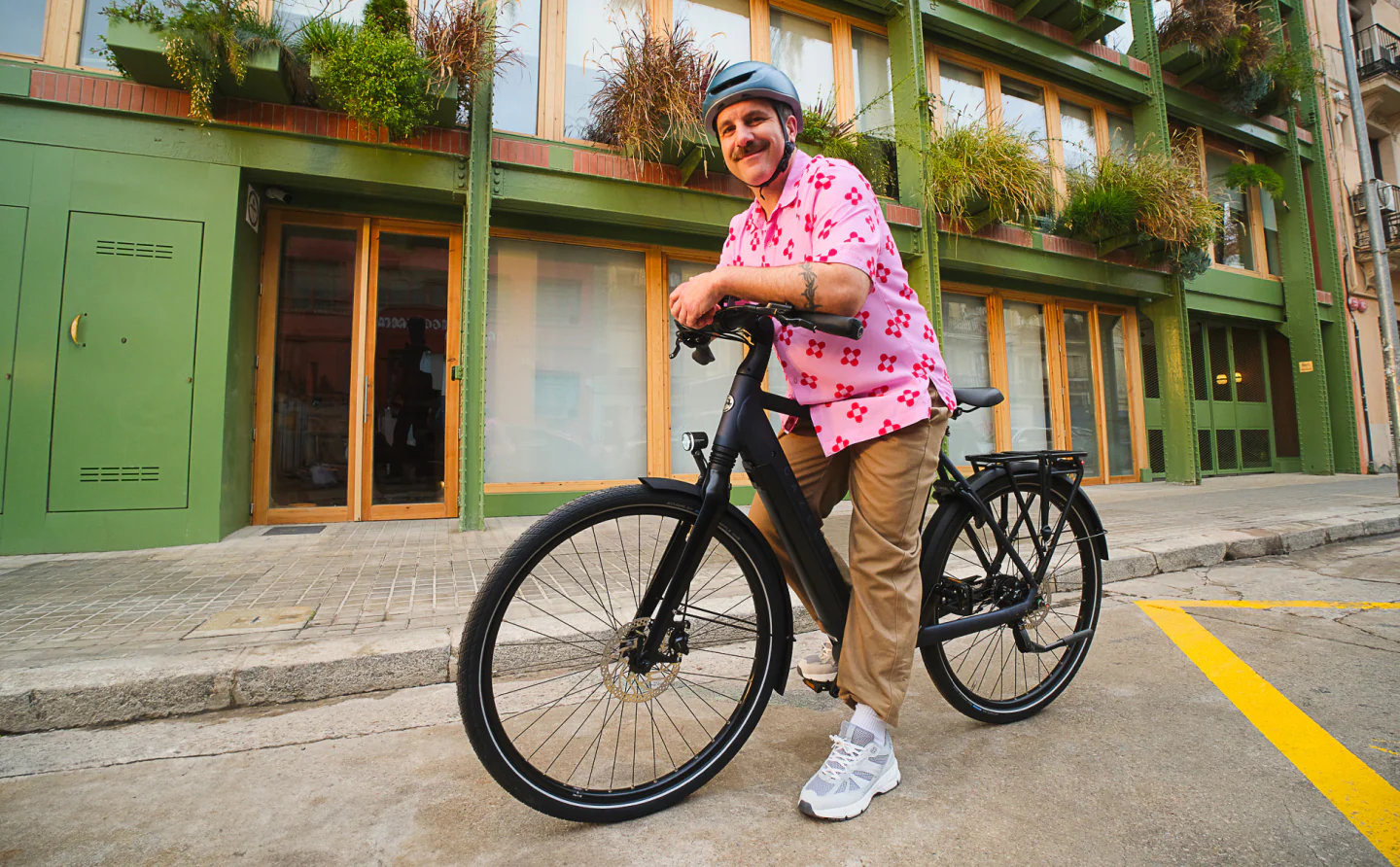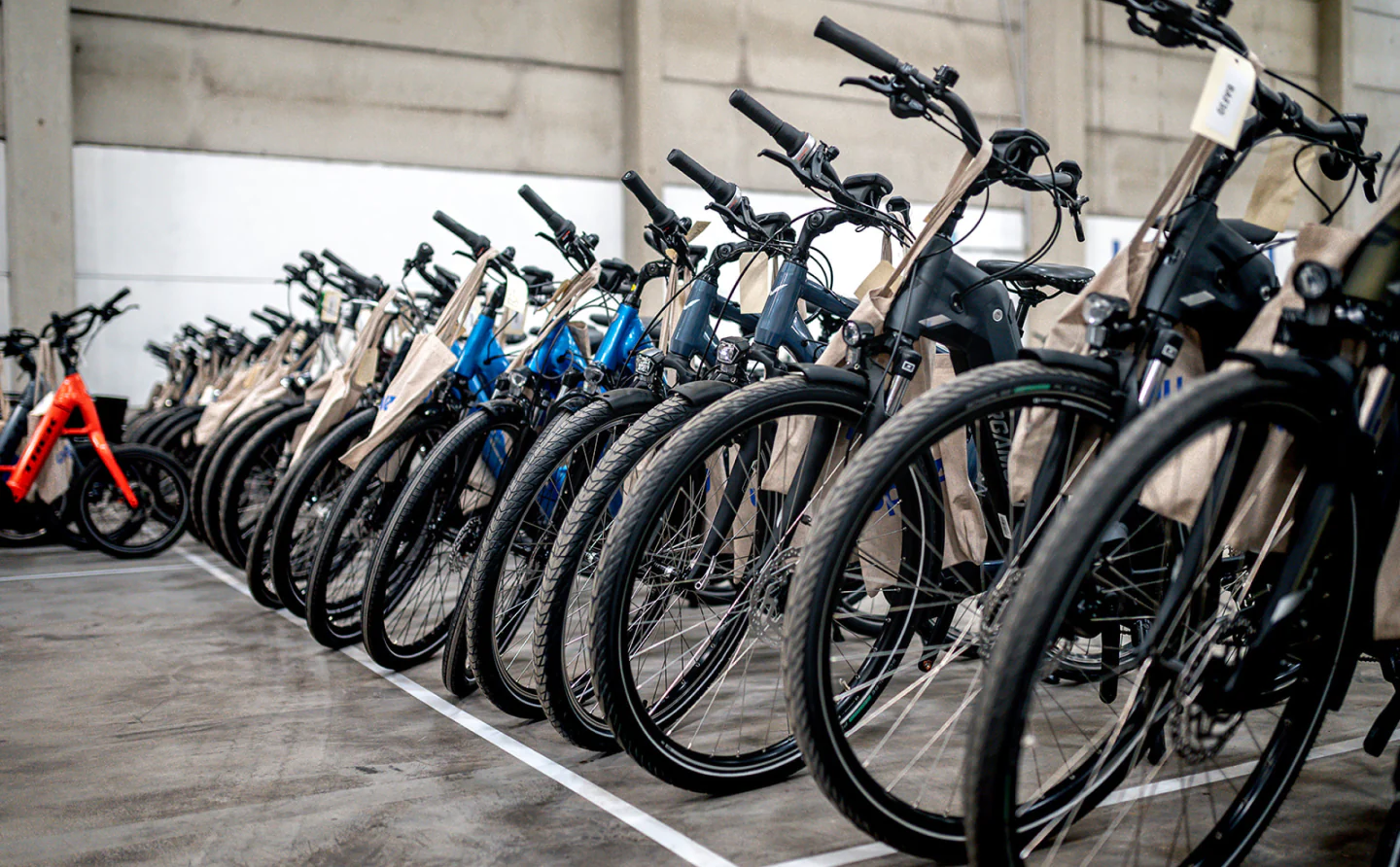New research has revealed concerning details about scrubber systems that are meant to reduce pollution in the marine shipping industry.
What's happening?
Phys.org posted a writeup by the University of Münster on a study that analyzed a type of pollutant produced by the shipping industry via the use of scrubber systems. The university explained that scrubber systems spray water into a ship's exhaust gases to remove sulfur from the emissions.
The wastewater from this process is released into the sea in an open-loop system or recirculated into the system via a closed-loop system. However, even in closed-loop systems, most of the wastewater is eventually dumped into the sea or sometimes onto land.
For this study, the research team analyzed wastewater samples from the scrubber systems of four ships, measuring levels of polycyclic aromatic hydrocarbons (PAH), a group of pollutants that often contains toxic compounds.
The researchers looked at samples from both open and closed circuits from 2020 to 2023, and they found that wastewater from the closed-loop systems had higher PAH concentrations than those from the open-loop systems. They also discovered that the PAH mostly did not originate from combustion but from the fuel used, and that there were alkylated PAH derivatives.
Why is this study important?
PAH have been linked with various negative health impacts in animals, and it can be carcinogenic. According to the study team, alkylated PAH in particular are associated with increased toxicity to fish.
Watch now: This classic mac and cheese brand just won an award for its packaging design
"From an environmental point of view, a shift in pollutant inputs from air to water is unacceptable," said lead researcher Christine Achten.
Unfortunately, PAH is just one more contaminant threatening marine ecosystems. For instance, one study revealed that coral reefs are prone to microplastics accumulation, putting organisms that rely on reefs for food in danger.
What's being done about ocean pollution?
In 1976, the U.S. Environmental Protection Agency included 16 varieties of PAH compounds on its List of Priority Pollutants. However, the researchers in this new study assert that these are not the most toxic compounds in most areas. Therefore, they suggest more research into other compounds and the addition of other PAH onto the priority list.
The research team also recommended that ships use fuels with low PAH concentrations since they found that PAH predominantly originated from the fuel used.
TCD Picks » Upway Spotlight

Meanwhile, scientists are looking for ways to clean up our oceans of other contaminants. For instance, one team has found a way to remove plastics from water with up to 99% efficiency by using egg whites. Plus, thousands of people have donated their hair to help mop up oil and other pollutants from one lake in Venezuela.
Join our free newsletter for good news and useful tips, and don't miss this cool list of easy ways to help yourself while helping the planet.














